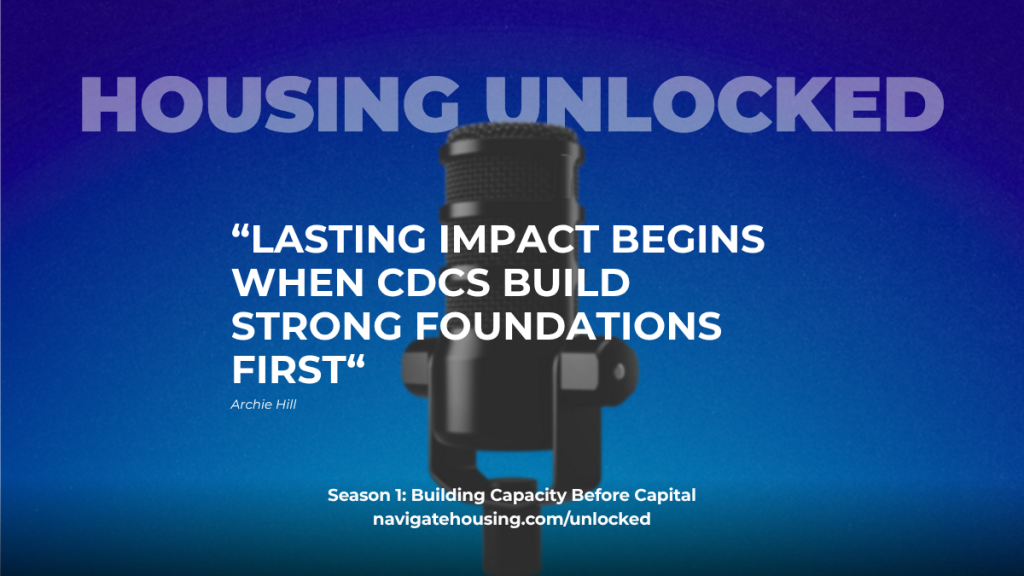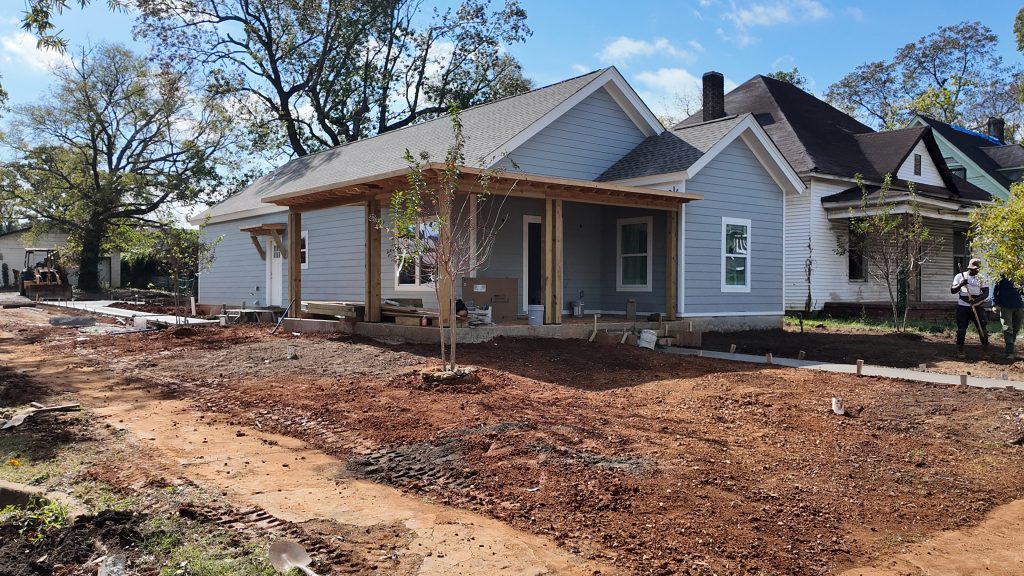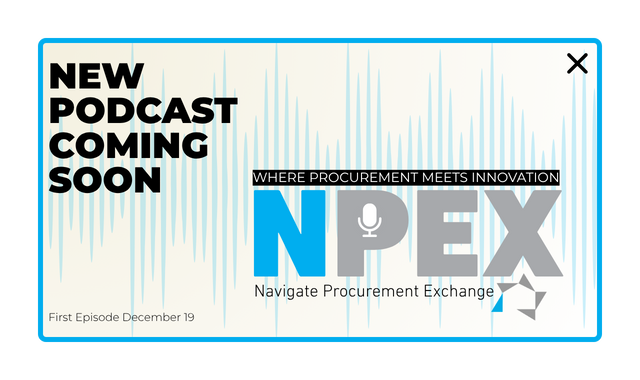Organizational readiness is crucial when creating affordable housing. It starts long before construction begins. Success begins with the organizations that plan, fund, and manage these projects. Building organizational readiness ensures your team, systems, and structure can deliver on your mission — and attract the funding to make it possible.
At Navigate Affordable Housing Partners, we’ve seen time and again that readiness is the key to long-term sustainability. Before communities can thrive, organizations must first build capacity.
Why Organizational Readiness Matters
Strong organizations create strong communities. Readiness isn’t just about having staff in place. It’s about being structured, transparent, and accountable. Funders, lenders, and municipal partners all look for the same thing: confidence that your organization can execute.
A well-prepared organization can:
- Manage grants and funding with accuracy
- Deliver programs on time and on budget
- Communicate their impact clearly to stakeholders
- Adapt to challenges without losing momentum
When your internal systems function well, your community partnerships and projects do too.
Step 1: Strengthen Your Foundation
Every affordable housing initiative needs a strong foundation. That means putting the right governance, financial, and administrative systems in place before you pursue new projects.
Ask yourself:
- Do we have a clear mission statement that aligns with our projects?
- Are our bylaws and board of directors up to date?
- Can we produce accurate and current financial statements?
These fundamentals not only guide your organization. They also establish trust with funders and local governments.

Step 2: Build Financial Readiness
Organizational readiness also means financial readiness. Funders and lenders want assurance that your organization can manage capital responsibly. Having clean audits, clear financial policies, and sustainable budgets demonstrates your ability to manage larger housing projects.
Start with small wins. Many successful CDCs begin with critical repair programs or rehabilitation projects to build experience and track record. Each completed project builds credibility and confidence from partners who may fund future developments.
Step 3: Leverage Partnerships and Federal Programs
No affordable housing project exists in isolation. Organizational readiness also involves knowing where and how to collaborate. Understanding and leveraging federal programs, such as Community Development Block Grants (CDBG), can open the door to larger opportunities.
Work with:
- Municipal partners who distribute HUD funds
- Banks and foundations looking to meet CRA goals
- Peer nonprofits that can strengthen your proposal or share resources
When your organization demonstrates the ability to manage these relationships and execute within compliance guidelines, new funding becomes accessible.
Step 4: Invest in Your People
At its core, organizational readiness depends on people. Training your staff, engaging your board, and cultivating leadership capacity ensure your organization can respond effectively to growth and change.
Provide ongoing development opportunities, from HUD compliance workshops to grant management training, to strengthen your team’s confidence and skills. This is important because a ready organization empowers ready communities.
Step 5: Tell Your Story
Finally, readiness includes communication. Funders, residents, and partners should all understand your impact.
- Create simple before-and-after visuals
- Share project updates
- Publish measurable outcomes.
Telling your story builds credibility and helps sustain momentum for future funding.
More than One Step
Organizational readiness for affordable housing isn’t a one-time step. It’s a continuous process. By establishing strong governance, robust financial systems, and effective community relationships, nonprofits and CDCs can transition from vision to execution.
When your organization is ready, your mission can thrive.
Learn more about how to build capacity for affordable housing projects by listening to Season 1 of Navigate: Housing Unlocked — “Building Capacity Before Capital.”






